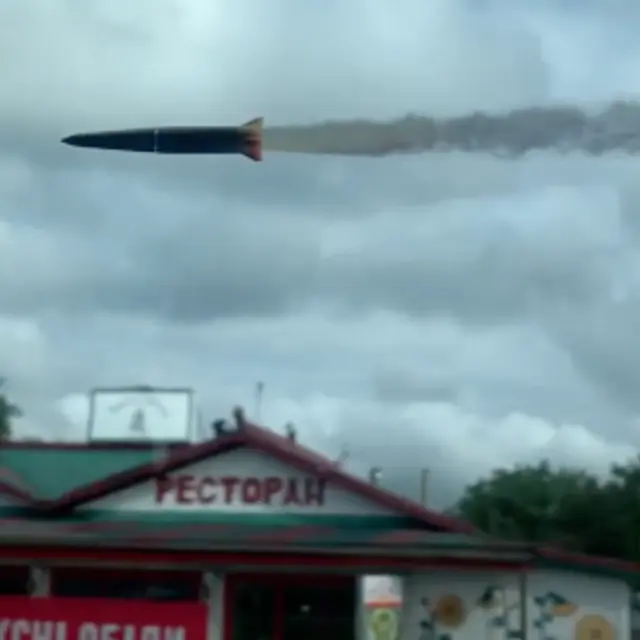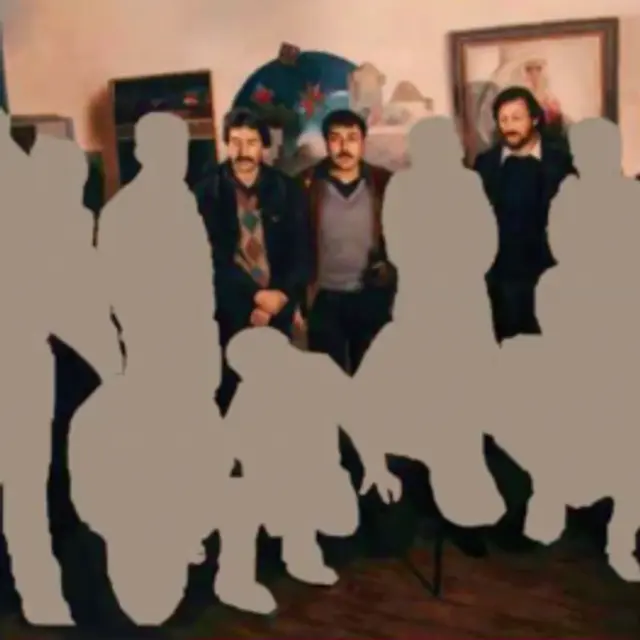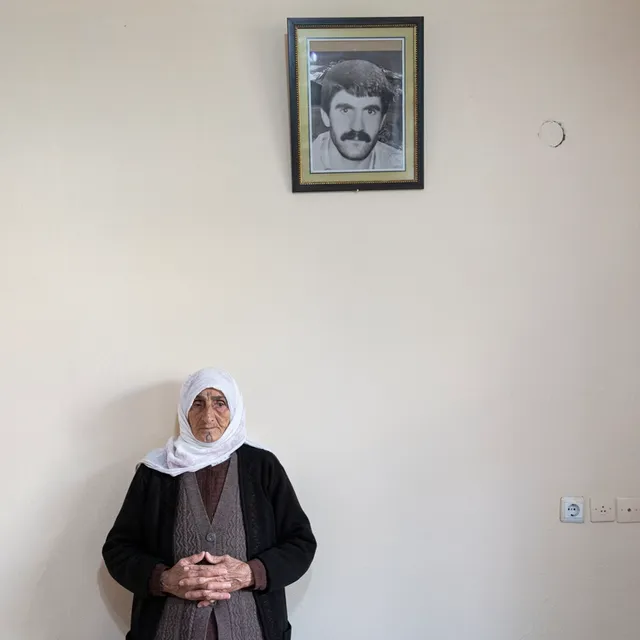Ahmet Öğüt
“The Anti-Shock Doctrine”
The White Savior Industrial Complex is not about justice. It is about having a big emotional experience that validates privilege.
– Teju Cole
According to author and activist Naomi Klein, Shock doctrine – a term she coined – describes controversial, neo-liberal economic policies, and the strategic manner and timing with which they are implemented by states to exploit a national crisis, disaster or upheaval. It is at these times that citizens are emotionally and physically distracted, and cannot develop a response or resist effectively.
We are devastated by the earthquake catastrophe that recently happened in Mesopotamia including my hometown Diyarbakır. The scale of the devastation is unimaginable. The Kurdish, Turkish, Syrian and other communities in the region are resilient, and most of the work is being done by individuals and grassroots organisations.
Do we need to ask why Western mainstream media choose to focus on artists and cultural producers from certain countries only during moments of crisis? Wars and natural disasters often never end. The privileged, emotional experience of The White Savior Industrial Complex requires short-lasting, hyped moments upon which to focus its attention. For that purpose a jailed artist or an exiled artist, can often only become in demand with an expiry date. Unfortunately, there are many artists who agree with such instrumentalisation. It is natural to think that it is the only opportunity to be seen. But out there, there are also artists who can see this danger, and refuse to be instrumentalised in a hyped moment, choosing to remain in blind spots on the radar, to continue practicing under a never-ending state of emergency.
The fact is; it is always the right time to draw attention to injustice through one's artistic practice. We do not need to wait for headlines. As the guest editor of this issue of West Space Offsite, I’m bringing together three positions, from very different parts of the world. All have a shared condition: how do we keep producing art while living in a context of never-ending war, conflict and disaster?
Zhanna Kadyrova is an artist who was born in Brovary, a city in the same region as Kyiv, Ukraine. I exhibited together with Zhanna at index (The Swedish Contemporary Art Foundation) in Stockholm in 2008 along with John Baldessari. She was part of R.E.P. group (Revolutionary Experimental Space) which was established at the end of 2004 during the Orange Revolution in Ukraine. We became friends when we were again taking part in the same show in late 2012 in Kyiv at PinchukArtCentre, a year before the Maidan Uprising and Russian invasion and annexation of Crimea in early 2014 which had violated the Budapest memorandum.
To this issue Zhanna contributes a new project. Russian Rocket consists of a sticker made of an image of a real Russian rocket. Since March 2022, Ukrainians live every day under threat. This work is about living life with the constant anxiety of attack. By journeying with the sticker on moving train, bus and car windows in other European cities, Zhanna brings the tension to everyday awareness of others who do not live in close proximity to war.
Noor Abuarafeh is a Palestinian artist who lives and works in Jerusalem. I met Noor in person for the first time at Jan van Eyck Academie two years ago. During our studio visit we did not have time to talk about art. We spoke instead about our stomach pain, and many sleepless nights due to the attempts of institutions to instrumentalise our labour.
For her contribution Only The Earth Doesn’t Tell its Secrets Noor traced with forensic curiosity the absence of archives in Palestine. In 2013, in Jerusalem, Noor encountered a photograph in which fourteen Palestinian artists appeared. This was the oldest photograph that she had ever seen of an exhibition in Palestine. It dates from a period where there is no archive at all, especially if the photo is from the times before the Oslo accord in 1993, which aimed to fulfill the "rights of the Palestinian people to self-determination". Noor asks this important question: Are museums at all a suitable medium in a colonised context? In Palestine, if a personal archive dates from earlier than 1948, it becomes the property of the state. To protect these archives from the colonial institution who claims ownership of these photographs, letters, documents, and other forms of archives, Palestinians burn their archives and memorise them, preserving their cultural heritage outside of the colonial administration.
Born in Mardin/Nusaybin, Kurdish queer artist Ateş Alpar produces videos, performances and photographic stories by focusing on topics such as migration, border, identity, social movements, collective memory, politics, underground music and LGBTI+/queer. During the past few weeks Ateş has traveled to Hatay and Adıyaman, cities affected heavily by the earthquake. Since day one, Ateş and I have been able to channel direct support from our international friends to local families and children in collaboration with local activists and grassroot organisations.
For this issue Ateş contributes a short film: In it, we see an elderly Kurdish woman with DEQ – a facial tattoo tradition which is a reminder of loss, and used as a way to immortalise loved ones. She is facing the camera, and while she stands still, her lips move rapidly; as if she is trying to speak, as if she is trying to verbalise a century-long story. The wisdomed lips tell us the entire story in silence, reminding us of the legacy of Hafsa Khan, an early feminist and Kurdish rights advocate who strived to make education accessible to all women by transforming Sulimania into a night school and founding the ‘Kurdish Women’s Association’ in 1930. Or Lady Adela Jaff, the ruler of the town of Halabja from 1909 until her passing in 1924, who advocated for good governance and established a court of justice to pull the city out of economic depression. In 1991 Leyla Zana, a fresh MP in the Turkish parliament, took the formal oath of office in Turkish and added the Kurdish phrase. Three years later, in 1994, Zana lost her parliamentary immunity, was arrested and put in jail for ten years along with three other Democracy Party MPs. A few seconds of Ateş’s video manages to tell us the story of 1000 years. These examples are only part of many, from the past, present and future.
Under repeated state violence; Ukrainian, Kurdish and Palestinian heritages are under constant attack – not only when war occurs in mainstream news, not only for a moment. They endure, despite unrelenting systemic assimilation, oppression and violence. Yes, art remains a creative form of evacuation, preservation and protection for future generations
Ahmet Öğüt, born in 1981 in Diyarbakır, Turkey, is a sociocultural initiator, artist, and lecturer. Working across a variety of media, including photography, video, and installation, Öğüt often uses humor and small gestures to offer his commentary on rather serious or pressing social and political issues. Öğüt is regularly collaborating with people from outside of the art world to create shifts in the perception of common.


